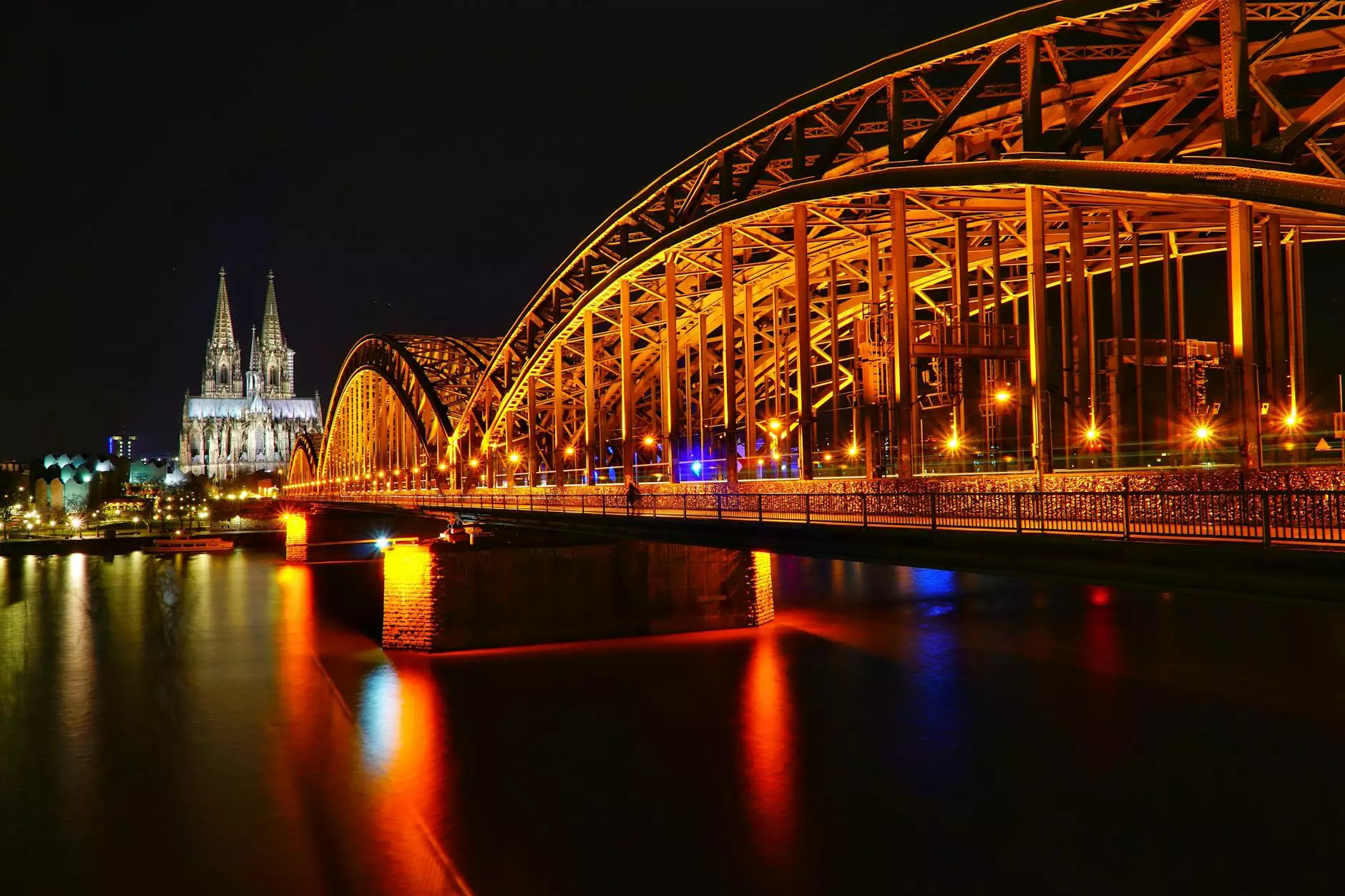The Future of Office Space: Embracing Interior Modular Office Systems

In today's fast-paced business world, the design and functionality of office spaces play a crucial role in enhancing productivity and employee satisfaction. Interior modular office systems are at the forefront of this revolution, offering flexible, efficient, and stylish solutions for modern workplaces, particularly in urban centers like Delhi. This article delves deep into the numerous advantages, design possibilities, and practical implementations of these systems to help you understand why they are becoming the preferred choice for businesses of all sizes.
Understanding Interior Modular Office Systems
Interior modular office systems consist of prefabricated components that can be easily assembled and rearranged to create customized office layouts. These systems are not only aesthetically pleasing but also highly functional, allowing organizations to adapt to changing business needs swiftly. Let’s explore some key features:
- Flexibility: Easily modify your workspace layout as your team grows or changes.
- Cost-effectiveness: Reduce construction costs and downtime compared to traditional office environments.
- Speed of Installation: Enjoy a quicker setup process, providing immediate usability.
- Sustainability: Often made from recycled materials, contributing to eco-friendly office initiatives.
Why Choose Interior Modular Office Systems?
With the increasing complexity of business operations, the need for flexible office designs has never been more essential. Here are several compelling reasons why businesses in Delhi and beyond should consider this option:
1. Enhanced Collaboration and Efficiency
Open-layout designs created by modular systems foster collaboration and communication among employees. By minimizing physical barriers, businesses can promote teamwork and innovation, leading to improved productivity levels. Additionally, integrating elements such as breakout spaces, meeting pods, and quiet zones allows companies to cater to various work styles and preferences within one environment.
2. Customization to Meet Unique Needs
Every business is unique, and so are its office needs. Interior modular office systems offer a range of customizable options to fit your requirements, whether it's adding additional privacy, creating group workspaces, or enhancing aesthetic value. You can select colors, materials, and layouts that align with your brand identity, making your office a reflection of your company culture.
3. Improvement of Employee Well-Being
A well-designed office space directly impacts employee morale and satisfaction. The ability to reconfigure layouts based on employee needs promotes comfort and can result in a more engaged workforce. Moreover, healthier layouts that incorporate natural light, plants, and ergonomic furniture can drastically enhance overall well-being, leading to reduced stress and absenteeism.
Key Considerations for Implementing Modular Office Systems
Before implementing interior modular office systems, consider the following key factors to ensure a successful transition:
1. Assessing Space Requirements
Conduct a thorough evaluation of your current and future space needs. Consider the number of employees, the type of work being carried out (collaborative vs. individual), and any potential growth over the next few years. This assessment will guide your design choices and help optimize the office layout for maximum efficiency.
2. Engaging Design Experts
Consulting with interior designers and modular office system experts can provide invaluable insights into the most effective use of space. These professionals can help craft a tailored design that aligns with your business goals and reflects your brand image while ensuring compliance with any local regulations.
3. Focusing on Technology Integration
Incorporating technology into modular office designs can streamline operations and enhance productivity. Ensure that your system allows for sufficient power outlets, data ports, and audiovisual equipment setups. Creating a tech-friendly environment is essential in today’s digital age.
Real-World Examples of Successful Modular Office Implementations
Across Delhi and other metropolitan areas, numerous businesses have successfully embraced interior modular office systems. Here are a few compelling case studies:
Case Study 1: Tech Start-up Transformation
A thriving tech start-up located in Delhi faced rapid growth within two years, requiring an immediate office redesign. They decided to implement a modular office system, allowing them to create collaborative spaces alongside private meeting areas. By utilizing this system, they reduced building costs by 30% while increasing employee collaboration and project turnaround times.
Case Study 2: Co-Working Space Revamp
A popular co-working space in Gurgaon specializing in flexible work solutions adopted modular office systems to better accommodate various working styles. The new designs included diverse workspaces such as quiet zones, communal tables, and conference areas. Feedback from users indicated a 50% increase in user satisfaction immediately following the redesign.
Future Trends in Modular Office Design
The workplace is ever-evolving, and so are the trends surrounding interior modular office systems. Here’s what’s on the horizon:
- Increased Use of Sustainable Materials: Eco-friendly materials will become a primary focus in office designs.
- Smart Office Features: Integration of IoT devices to streamline operations and enhance user experience.
- Biophilic Design: Incorporating natural elements and green spaces within office layouts to improve well-being.
- Adaptable Workspaces: Designs that cater to a variety of functions, from meetings to relaxation.
Conclusion: A Choice for the Modern Workplace
As businesses evolve in response to global trends, the need for innovative office designs becomes increasingly evident. Interior modular office systems not only provide flexibility and efficiency but also enhance the overall work experience for employees. By considering the aspects discussed above, businesses can create dynamic environments that not only meet immediate needs but also adapt to future challenges. Embrace the modular revolution, because the future of workspaces is fluid, adaptable, and immensely exciting.
For more information on how to transform your office space in Delhi with interior modular office systems, visit amodinisystems.com today!









